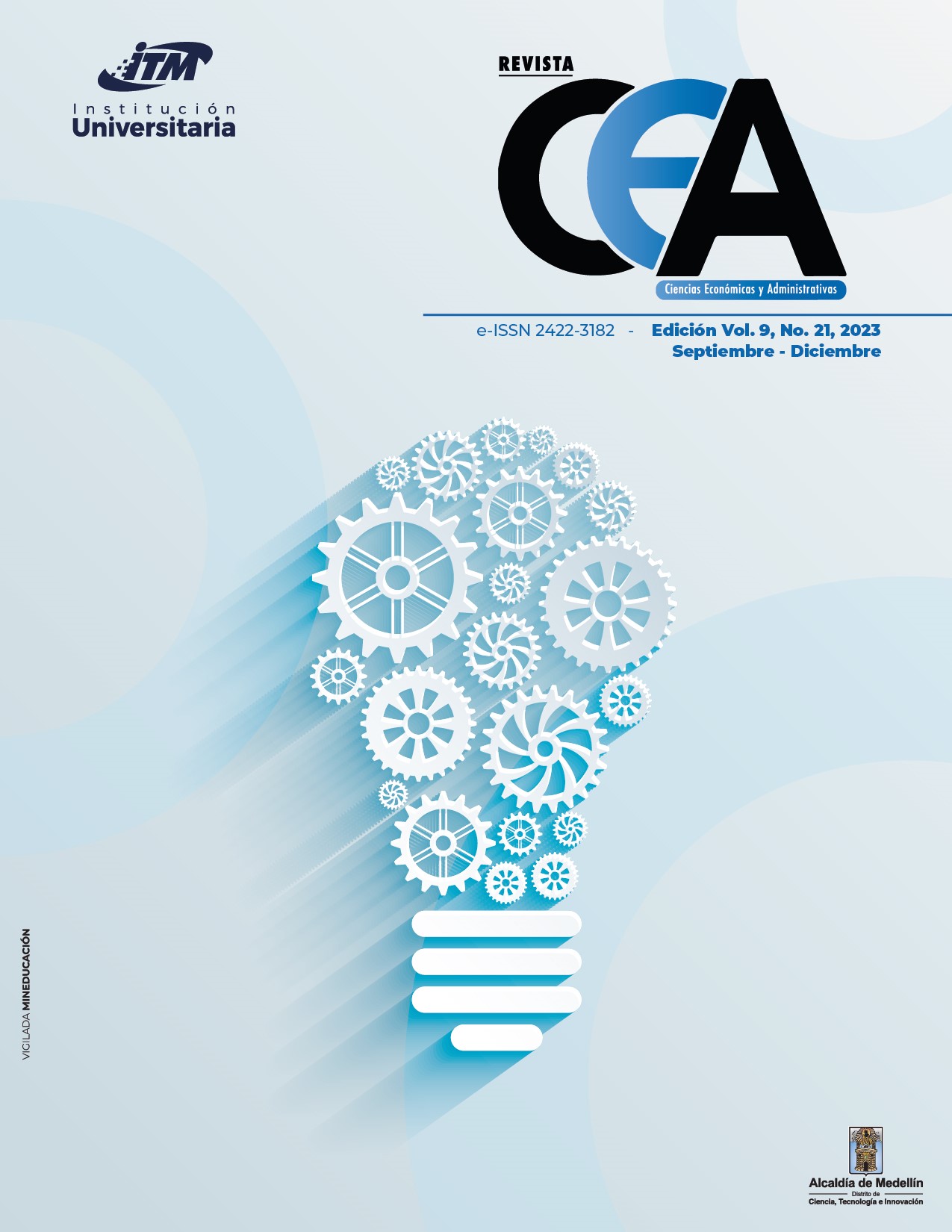Introduction: Artificial Intelligence in Management
Abstract
Artificial Intelligence (AI) has become a popular topic of debate, both within and beyond academia. According to some commentators, we are on the cusp of major social and economic change. The future of work is now to become the present. This introduction aims to lay out some of the emerging and pressing issues relating to AI in management. It is not an attempt at prediction or doomsaying but instead outlines what research questions and methods can equip us to make sense of these changes.
References
Binfield, K. 2004. Luddites and Luddism. The Johns Hopkins University Press.
Briziarelli, M. (2019). Spatial Politics in the Digital Realm: The Logistics/Precarity Dialectics and Deliveroo’s Tertiary Space Struggles. Cultural Studies, 33(5), 823–40. https://doi.org/10.1080/09502386.2018.1519583
Cant, C. (2019). Riding for Deliveroo: Resistance in the New Economy. Cambridge: Polity.
Cant, C., & Mogno, C. (2020). Platform Workers of the World, Unite! The Emergence of the Transnational Federation of Couriers. The South Atlantic Quarterly, 119(2), 401–11. https://doi.org/10.1215/00382876-8177971
Cook, M. (2018). A Basic Lack of Understanding. Notes from Below. https://notesfrombelow.org/article/a-basic-lack-of-understanding
Edwards, R. (1979). Contested Terrain: The Transformation of the Workplace in the Twentieth Century. Basic Books.
Eubanks, V. (2019). Automating Inequality: How High-Tech Tools Profile, Police, and Punish the Poor. St. Martin’s Press.
Fear, C. (2018). “Without Our Brain and Muscle Not a Single Wheel Can Turn”: The IWW Couriers Network. Notes from Below. https://notesfrombelow.org/article/without-our-brain-and-muscle
Gent, C. (2019). The Politics of Algorithmic Management: Class Composition and Everyday Struggle in Distribution Work. University of Warwick.
Kitchin, R. (2017). Thinking Critically about and Researching Algorithms. Information, Communication & Society, 20(1), 14–29. https://doi.org/10.1080/1369118X.2016.1154087
Lee, M. K., Kusbit, D., Metsky, E., & Dabbish, L. (2015). Working with Machines: The Impact of Algorithmic, Data-Driven Management on Human Workers. In CHI '15: Proceedings of the 33rd Annual ACM Conference on Human Factors in Computing Systems, pp. 1603–1612. ACM Press. https://doi.org/10.1145/2702123.2702548
Leonardi, D., Murgia, A., Briziarelli, M., & Armano, E. (2019). The Ambivalence of Logistical Connectivity: A Co-Research with Foodora Riders. Work Organisation, Labour & Globalisation, 13(1), 155–171. https://doi.org/10.13169/workorgalaboglob.13.1.0155
Marx, K. (1990). Capital: A Critique of Political Economy. Vol. 1. Penguin.
Noble, D. F. (1978). Social Choice in Machine Design: The Case of Automatically Controlled Machine Tools, and a Challenge for Labor. Politics and Society, 8, 313–47.
Notes from Below. (2018). Editors’ Notes on Class Composition and Technology. Notes from Below. https://notesfrombelow.org/article/editors-notes-on-class-composition-and-technology
O’Neil, C. (2017). Weapons of Math Destruction: How Big Data Increases Inequality and Threatens Democracy. Penguin.
Pasquale, F. (2015). The Black Box Society: The Secret Algorithms That Control Money and Information. Harvard University Press.
Rosenblat, A. (2018). Uberland: How Algorithms Are Rewriting the Rules of Work. University of California Press.
Rosenblat, A., & Stark, L. (2016). ‘Algorithmic Labor and Information Asymmetries: A Case Study of Uber’s Drivers’. International Journal of Communication, 10. http://dx.doi.org/10.2139/ssrn.2686227
Scholz, T. (2017). Uberworked and Underpaid: How Workers Are Disrupting the Digital Economy. Wiley.
Srnicek, N. (2017). Platform Capitalism. Wiley.
Tassinari, A., & Maccarrone, V. (2020). Riders on the Storm: Workplace Solidarity among Gig Economy Couriers in Italy and the UK. Work, Employment and Society, 34(1), 35–54. https://doi.org/10.1177/0950017019862954
Taylor, A. (2018). The Automation Charade. Logic Magazine.
Turow, J. (2017). The Aisles Have Eyes: How Retailers Track Your Shopping, Strip Your Privacy, and Define Your Power. Yale University Press.
Waters, F., & Woodcock, J. (2017). Far From Seamless: A Workers Inquiry at Deliveroo. Viewpoint Magazine. https://www.viewpointmag.com/2017/09/20/far-seamless-workers-inquiry-deliveroo/
Woodcock, J. (2020). The Algorithmic Panopticon at Deliveroo: Measurement, Precarity, and the Illusion of Control. Ephemera: theory & politics in organizations, 20(3), 67–95. https://ephemerajournal.org/sites/default/files/2022-01/20-3Woodcock.pdf
Woodcock, J. (2022). Artificial Intelligence at Work: The Problem of Managerial Control from Call Centers to Transport Platforms. Frontiers in Artificial Intelligence, 5. https://doi.org/10.3389/frai.2022.888817
Downloads

This work is licensed under a Creative Commons Attribution-NonCommercial-ShareAlike 4.0 International License.
Altmetric








